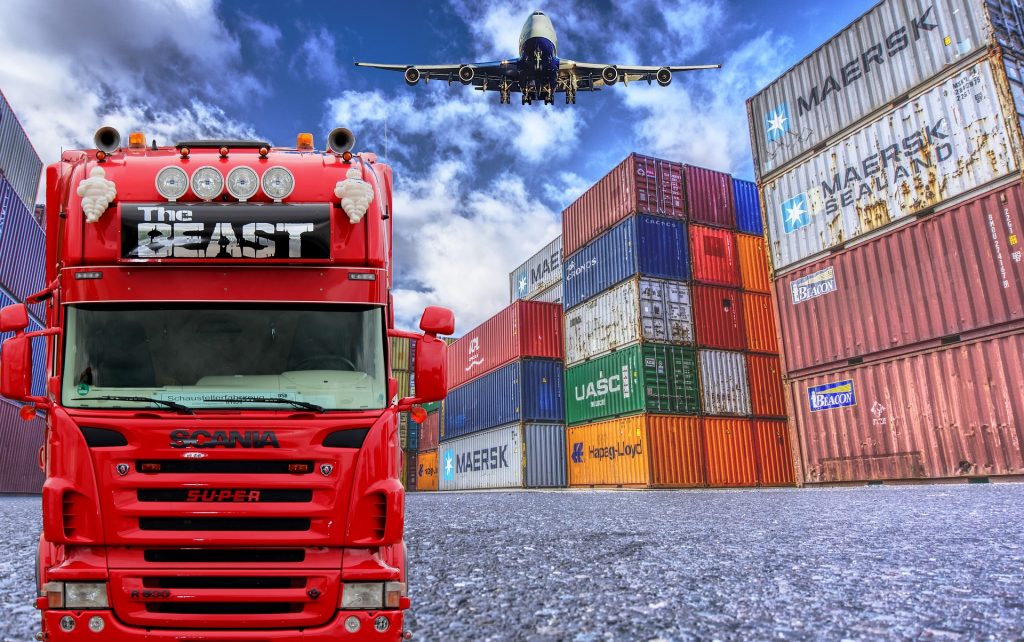What proactive steps can consumer products and services (CPS) companies take to protect against the growing risk of money laundering and terrorist financing in the e-commerce ecosystem? How can CPS companies strengthen environmental, social and governance (ESG) practices and reporting to create value and achieve their sustainability goals? How can organizations leverage operational resilience practices to reduce supply chain and third-party provider risks?
Protiviti’s subject matter experts address these pressing issues and more in the top five insights of 2021 listed below.
Clean Money Is a Click Away: The Money Laundering Risks of E-Commerce
Until regulation catches up with reality, online retailers and payment platform providers will need to take proactive steps to protect against the risks of money laundering and terrorist financing.
ESG and Emerging Technology Considerations in the Retail and Consumer Products Industry
Retail and consumer products companies are exposed to material ESG risks across the value chain — from sourcing and manufacturing to the distribution and use of products. The ever-growing demands and expectations from consumers have forced companies to rethink sustainability for changing times.
Top Risks for 2021 and 2030 — Consumer Products & Services Industry Perspectives
CPS organizations are justifiably worried about the lingering effects of the pandemic, as well as operational challenges. In this ninth annual survey, Protiviti and NC State University’s ERM Initiative unveil the top risk issues on the minds of global boards of directors and executives in 2021 and over the next decade.
Retail Finance Leaders’ 2021 Priorities Include Enhancing Customer Experience and Supply Chains
In 2021, retail finance departments had to focus relentlessly on, and respond to, customer angst, workforce adjustments, revenue declines, cost-reduction programs and supply chain disruptions, to name a few issues prompted by the pandemic. This piece discusses the priorities identified by retail finance leaders in 2021.
The post-pandemic supply chain landscape requires companies to incorporate operational resilience concepts and practices, which, at their core, prioritize identifying important business services and setting tolerance levels for risk, and, perhaps most significant, are driven by the overarching goal of minimizing customer harm in all cases.





